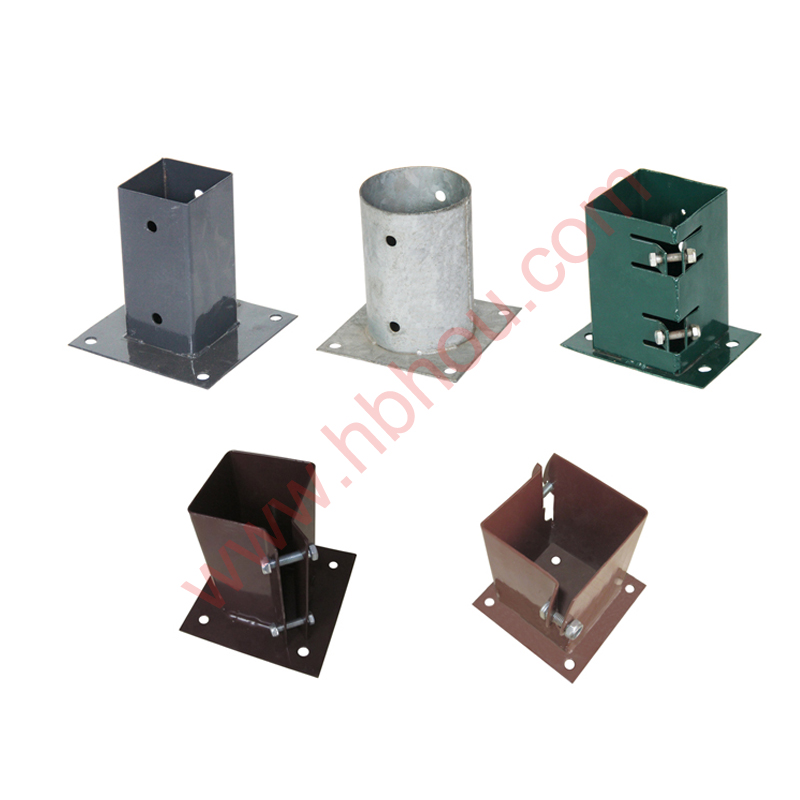The Versatility and Benefits of Gabion Walls A Focus on the 120 cm Design
Gabion walls have become increasingly popular in various fields, including landscaping, civil engineering, and environmental restoration. One particular design that has garnered attention is the 120 cm gabion unit. This height strikes a balance between functionality and aesthetics, making it an ideal choice for a myriad of applications. In this article, we will explore the features, benefits, and practical uses of 120 cm gabion walls.
Understanding Gabion Walls
Gabion walls are structures made from wire mesh containers filled with stone, rock, sand, or concrete. Originally used for controlling erosion and stabilizing soils, these structures have evolved into versatile elements of design that can be used for various purposes, including retaining walls, garden borders, and noise barriers. The modular nature of gabions allows for easy customization in terms of size, shape, and materials, making them adaptable to different environments.
The Features of 120 cm Gabion Units
One of the standout features of the 120 cm gabion units is their height. At 120 cm, they are tall enough to serve as effective retaining walls, yet not so towering that they dominate the landscape. This moderate height makes them suitable for residential and commercial projects alike. Additionally, 120 cm gabions can be constructed in various widths and lengths, allowing for customization based on the specific needs of the site.
The wire mesh typically used in gabions is made from galvanized steel or PVC-coated steel to ensure durability and resistance to corrosion. This longevity means that once installed, gabion walls can require minimal maintenance, making them a practical choice for both homeowners and landscape architects.
The Benefits of Using Gabion Walls
1. Erosion Control One of the primary advantages of gabion walls is their effectiveness in controlling erosion. The porous nature of the stones allows water to flow through, reducing pressure on the structure and preventing soil runoff. This makes them particularly useful in areas with steep gradients or heavy rainfall.
2. Aesthetic Appeal The 120 cm design can be dressed up with various stone types, colors, and textures, enabling them to blend seamlessly into natural landscapes or serve as striking architectural features. This aesthetic versatility allows for creative landscaping solutions that enhance the overall look of a property.
3. Environmental Benefits Gabion walls are environmentally friendly, as they utilize natural materials such as stone and sand. These structures encourage biodiversity by providing habitats for various plants and animals. Furthermore, they can help improve drainage systems, promoting healthier ecosystems.
gabion 120 cm

4. Cost-Effectiveness Compared to traditional building materials like concrete and bricks, gabions are often more economical. They require less heavy machinery for installation, as they are typically filled on-site with local materials. This not only reduces costs but also minimizes the environmental impact associated with transporting materials.
5. Ease of Construction The assembly of gabions is relatively straightforward. With the help of basic tools, individuals can construct these walls themselves, depending on the project's scale. This accessibility empowers property owners to take on home improvement projects without the need for professional assistance.
Practical Applications of 120 cm Gabion Walls
The 120 cm gabion wall can be utilized in various settings
- Retaining Walls These structures effectively hold back soil in gardens, preventing erosion and creating level areas for planting.
- Garden Borders Used as decorative borders, 120 cm gabions can define garden spaces and create visually appealing landscapes.
- Noise Barriers In urban settings, gabions can help absorb sound, acting as noise barriers along busy roads or near industrial areas.
- Flood Management Gabion walls can be strategically placed in flood-prone areas to help redirect water flow and reduce flood damage.
Conclusion
In summary, the 120 cm gabion wall is a highly versatile and practical choice for both functional and aesthetic purposes. Its benefits, including erosion control, environmental sustainability, cost-effectiveness, and ease of construction, make it an attractive option for various applications. As we continue to seek innovative and sustainable solutions in landscaping and civil engineering, gabion walls undoubtedly offer a compelling answer to many contemporary challenges. Whether you're a homeowner looking to enhance your garden or a professional landscape architect, the 120 cm gabion design may just be the perfect element to incorporate into your next project.
















